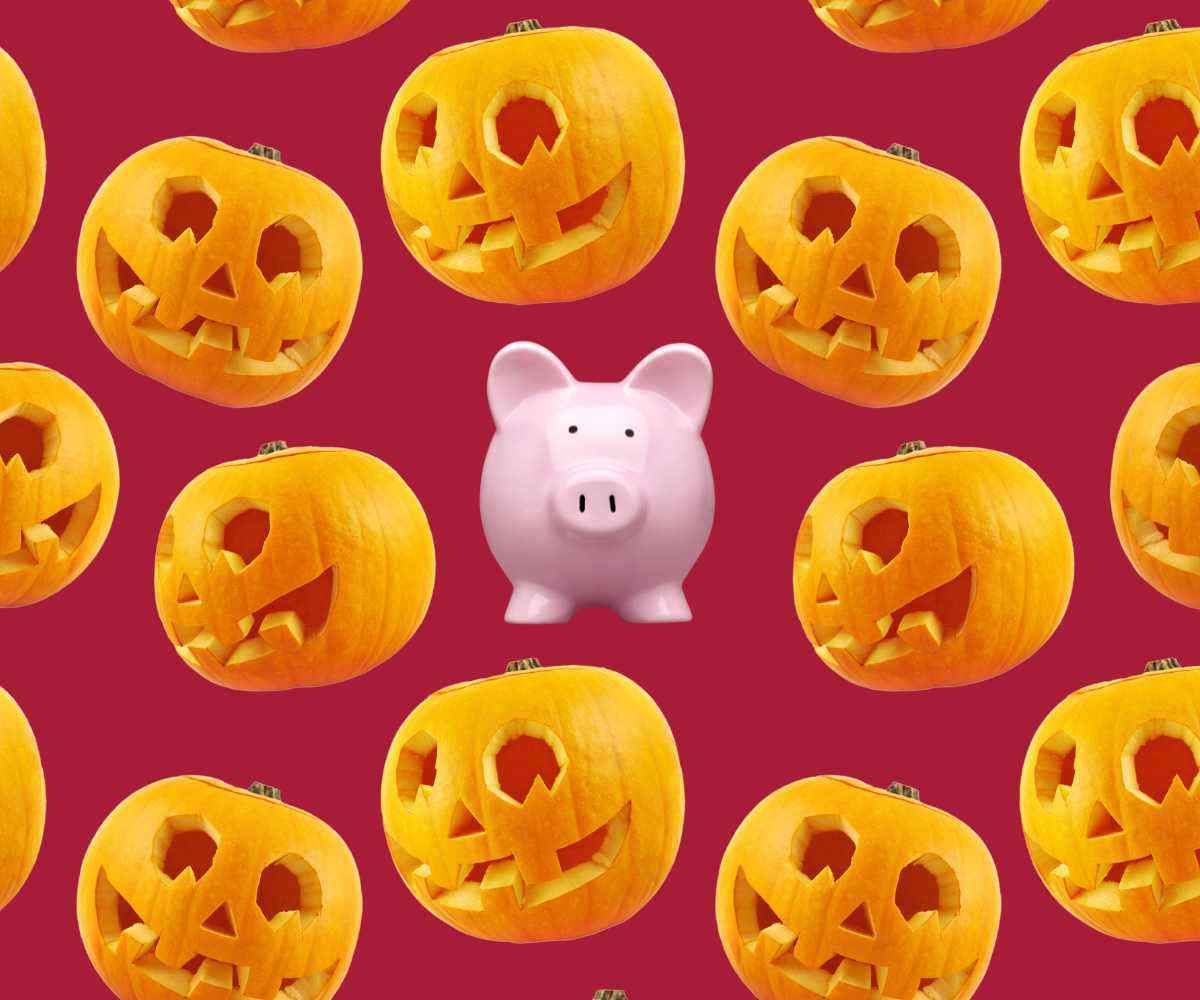December 12, 2025
Deciding to limit debt and move toward healthy financial habits is a major step to becoming self-sufficient and reaching your goals.
 There’s much more to changing your financial future than just reducing outstanding debts to zero, however. Here are a few tips if you are trying to change how you handle money.
There’s much more to changing your financial future than just reducing outstanding debts to zero, however. Here are a few tips if you are trying to change how you handle money.
Establish an emergency fund
Without a small amount of easily accessible money set aside to deal with unexpected expenses, paying off debt can be a real struggle. According to Bankrate, over 60% of Americans don’t have an emergency fund which could last 6 months. If you don’t have money saved, you are more likely to charge the bill to a credit card or take on additional debt. A sound goal is setting aside at least 10% of your income every time you get paid until you have an emergency fund.
Have a budget in place
If you aren’t sure where your money goes each month, it’s likely there is some wasteful spending happening. Calculate your budget so you know where your money is going, and so you can “see” how much money you have to put toward your debts. Try to eliminate spending on non-essentials and dedicate that money to paying down debt, instead.
Organize your debts
When trying to pay down debt, it is important to make sure you are still making minimum payments on all accounts to avoid additional interest or late fees. If you’re not able to pay over your minimum payment due on multiple debts, tackle one debt at a time. Some suggest tackling debts from smallest to largest or focusing on those with higher interest rates first. The decision is yours.
First, figure out how much extra money you can pull from your monthly budget to dedicate toward that debt repayment. Add that amount to your debt’s minimum payment and work on paying extra on that debt until it’s gone. Then, take the monthly amount you dedicated toward that debt and add it to the minimum payment on your next debt.
Keep accounts opened
To protect and improve your credit, be sure to pay every creditor at least the minimum amount due on time each month. Late payments can cost you money and potentially have a negative effect on your credit.
Even after your balance on a debt is zero, leave the account open. Part of your credit score is the average age of your accounts. Canceling a credit card after you pay it off can reduce that number. The exception to this is if you own a card with a high annual fee and the credit card company won’t waive or reduce it. In this case, it may be better to cut ties with the company.
Moving Forward
If you have put in the effort to stick to your budget and take control of your finances, you want to continue down the same path. Part of having a budget is understanding what expendable or disposable income you have, and it doesn’t mean you should never buy things you want or take on debt. Just be sure the payments fit into your budget.
Credit cards are an example of revolving credit, so their payments are usually based on your outstanding balance, which can cause your monthly payment to fluctuate. This variance needs to be worked into your budget if you are not paying off credit card balances in full monthly.
On the other hand, installment loans are structured to be equal payments set for a specific term. There are a variety of installment loans. Some of the most popular are personal installment loans, vehicle purchase loans, and mortgages. No matter the loan, it should fit into your budget.
Successfully managing money is important. It’s OK to ask for help understanding your finances, but be wary of “quick fix” solutions, especially if they charge for their services. Look for advice and resources from individuals and non-profit companies with a history of helping people reach their goals.
Learning to manage a budget becomes a fairly simple task with a bit of practice. Take a look at The Basics of Budgeting to get started.
Related Posts
October 07, 2025
October 09, 2019









